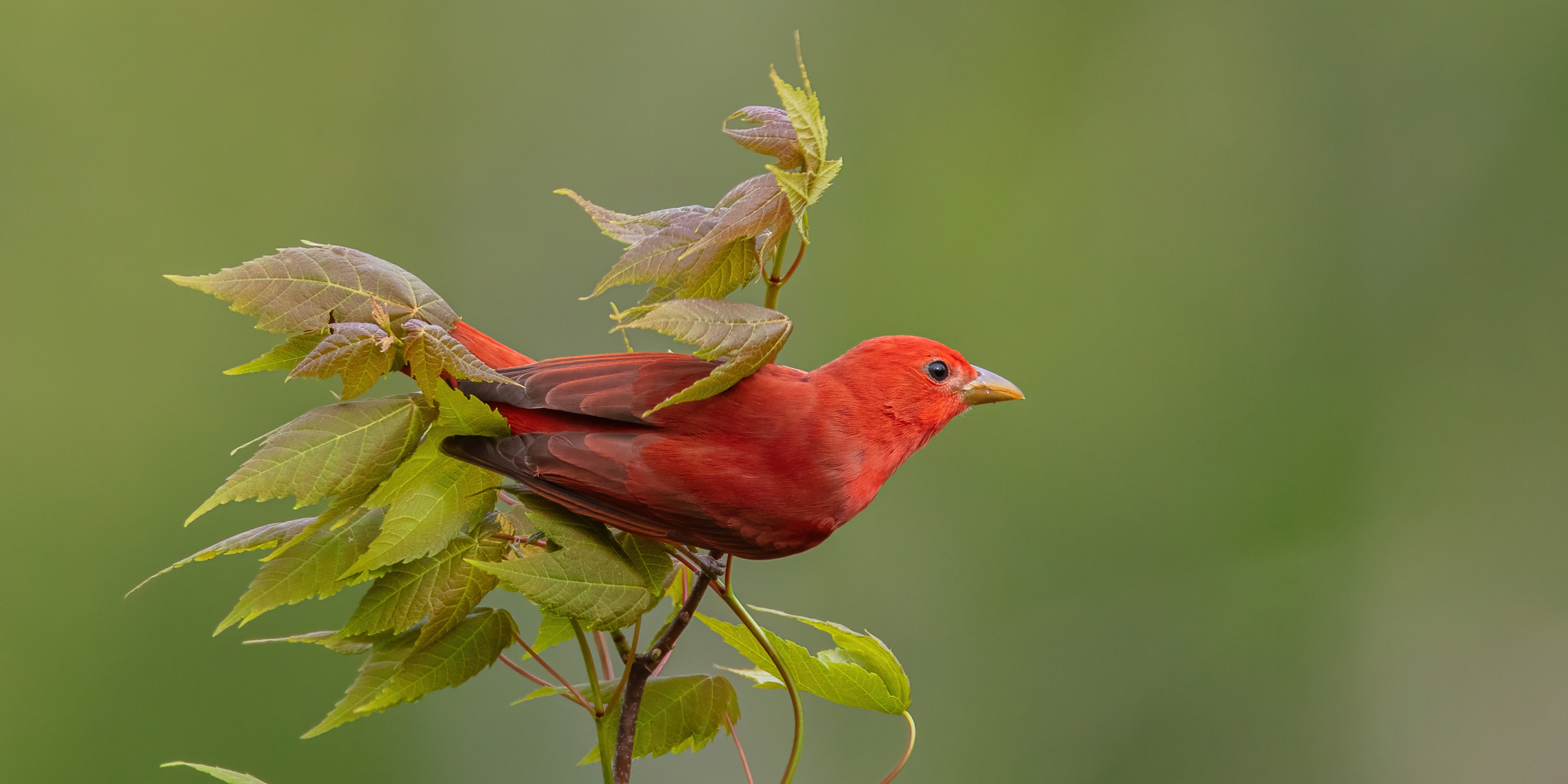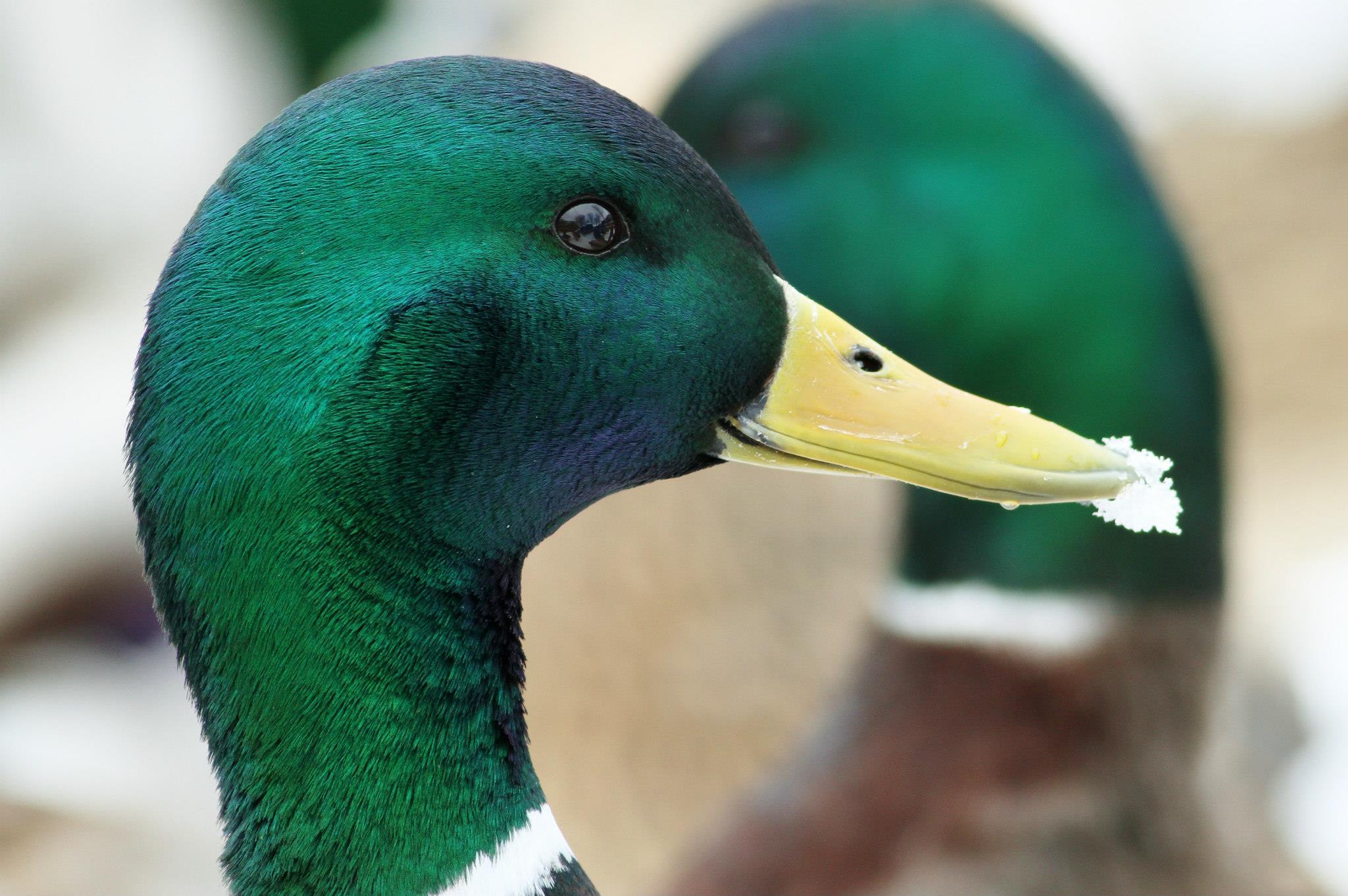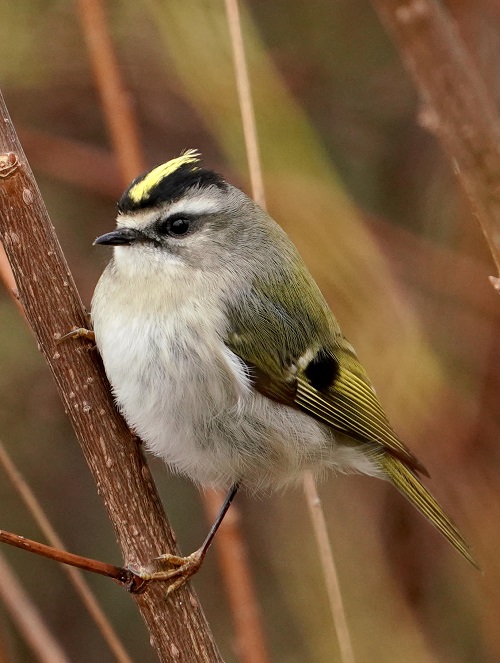By Carl Schwartz
Badger Birder Editor
The WSO Board of Directors has taken another major step toward its goal of making the state’s leading bird conservation organization more impactful in both the short and long term. Meeting on May 23, the board unanimously adopted a set of recommendations from the Conservation Consulting Group that will lead to the hiring of WSO’s first executive director by this fall.
WSO President Mary Korkor announced in February that directors had voted unanimously to hire a consultant to review the organization’s structure and to hire an administrative assistant to assist directors and committee chairs with many of the day-to-day technical tasks of running the organization, including membership responsibilities.
In March, WSO contracted with CCG to manage an Organizational Needs Assessment focusing on WSO’s governance and operational structures and how they contribute to its capacity to deliver on its mission. CCG also was asked to probe opportunities and challenges related to hiring an executive director.
CCG, which is based in Madison and is dedicated to building the capacity and advancing the mission of nonprofit environmental and conservation organizations throughout the United States, reviewed a substantial amount of background materials on WSO, analyzed feedback from an online self-assessment distributed to all 19 WSO Board members and conducted phone interviews with 15 board members.
The decision to hire staff is not one that taken lightly or without a great deal of self-reflection and debate. Over its 82-year history, WSO has prided itself on operating as an all-volunteer organization. Most of our operational tasks are handled by individuals who not only acted as board members but also as organizational staff, handling finances, membership, publications, conservation advocacy and field trip. With 1,100+ members, many have cited WSO as the largest all-volunteer nonprofit in Wisconsin.
These leaders have overseen creation and expansion of our 372-acre Honey Creek Nature Preserve; launching and helping fund both Wisconsin Breeding Bird Atlas I and II and serving as their fiduciary agent; mounting an annual schedule of well-attended and much-loved field trips; staging annual conventions that have spanned the state; and publishing a widely-respected quarterly journal and a monthly newsletter that now more-closely resembles a magazine.
In general, the consultant’s report, completed in mid-May, strongly supported the conclusions that had evolved in WSO board discussions over the previous year about strengthening what the organization could achieve through the hiring of executive leadership. Both the board and the general membership have advocated for WSO to take a larger role in advocating for bird conservation; providing educational opportunities for beginning as well as seasoned birders; strengthening our commitment to racial equity, opportunity and diversity; widening our outreach and communication to members – and non-members-- across this diverse state.
In many ways, the consultants echoed what President Korkor had said in February: “WSO needs to look beyond our history and focus on our future.” In doing so, CCG also highlighted what it considered significant structural deficits in a board that was largely composed of committee chairs tasked with staff functions that were vital to membership service but that lacked focus on governance and strategic planning issues vital to its growth and long-term sustainability.
CCG’s report said:
“WSO has grown in both scope and scale over the years. The volunteer jobs are therefore larger than in earlier years. Many take more than just a few hours a week to accomplish. It now takes 15 defined volunteer positions to do the work once done by a much smaller number. Second, many of the incumbents, and even those recently stepping away, have been in place for many years. As would happen in any similar circumstance, their jobs have become specialized to meet their specific needs and interests.
“This has resulted in higher quality programs, but it has also created a situation where these long-term volunteers will be difficult to replace – if replacing them is even possible. And third, as both specialization and scale have grown, so has the need for strong internal coordination and communication – such as that which might be provided by an Executive Director. To date those duties have fallen to the Board President, with reportedly mixed results.
“WSO’s governance work (as opposed to operational volunteer work) has been an unintended casualty. Nonprofit boards are responsible for strategic visioning and planning, operational and fiscal oversight, and fundraising. WSO’s Board members have been recruited as much or more for specific skills related to their specific defined volunteer positions than for their experience or even particular interest in nonprofit governance and fundraising.”
In accepting CCG's report , the WSO Board adopted these recommendations:
1. Take a deep dive into rebuilding the board's governance structure and operation including job descriptions and committee charters, recruitment of board members and clarifying the structure of its meetings.
2. Establishing standing committees for the board as separate and distinct from its existing “volunteer work groups.” These would focus on membership and community engagement, conservation advocacy, WSO properties, organizational governance, development, finance ,and human resources.
3. Engaging the entire organization in updating and implementing a comprehensive strategic plan.
4. Hiring an executive director as soon as it is feasible.
Expanding on the final point, CCG said:
“While we agree that the selection of the person for Executive Director will ultimately determine the wisdom of the decision (the proof being in the pudding), we believe that WSO is an organization that will not make much more progress without one. Long-time board members are retiring, and their replacements are not yet obvious. Stress, burnout, turfiness, and even outright acrimony internally are beginning to affect the high level of enjoyment and satisfaction most people still feel about their roles with WSO.
“Board functions are showing weakness as more and more attention is paid to matters of routine operational management. An executive director – assuming a suitable one can be recruited – has the potential for helping take WSO to the next level of effectiveness and efficiency as an organization.
“We believe that having credibility in the birding community, if not within WSO ranks already, will be important. S/he should also have outstanding leadership skills – the ability to manage people, communicate effectively both internally and externally, project and operational management skills, and experience raising money.”
After the vote to accept CCG’s recommendations , Korkor said she would form a working group to draft a job description and application process for an executive director. She also tasked the executive committee with 1) developing job descriptions for board members clarifying their strategic responsibilities, and 2) initiating updates to the strategic plan.
Meanwhile, in April, WSO hired Rebecca Gilman of Argyle, as its administrative assistant, to be overseen by Vice President Sunil Gopalan. A playwright and professor of dramatic writing, Gilman taught at Northwestern University for 13 years A WSO member for many years, Gilman completed a block for Wisconsin Breeding Bird Atlas II in Green County. She has been a visitor services volunteer with both the U.S Fish and Wildlife Service and the National Forest Service. She also is a regular volunteer for The Prairie Enthusiasts, a Field Trip Ambassador for the Natural Resources Foundation of Wisconsin and a Wisconsin Master Naturalist.


